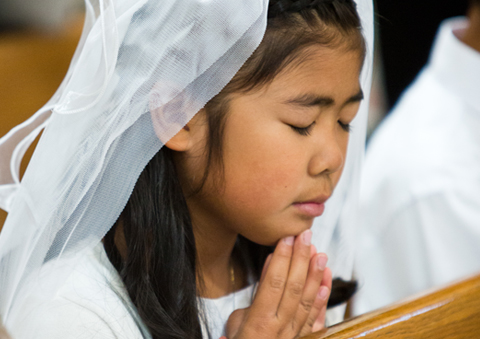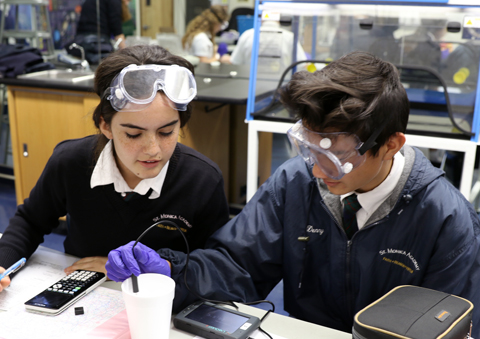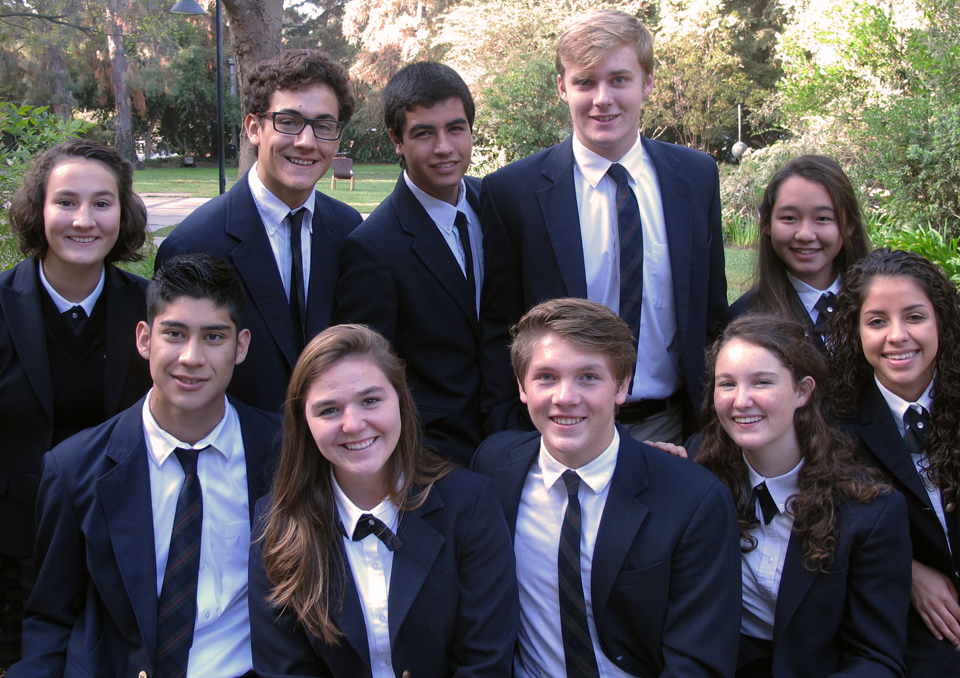Faith
St. Monica Academy students will be faithful Catholics who:
Know the content of the Catholic faith and are able to defend it;
Glorify God in appearance, manners, and speech; and
Are familiar with the lives, wisdom, and virtues of the saints, especially the Blessed Virgin Mary.




